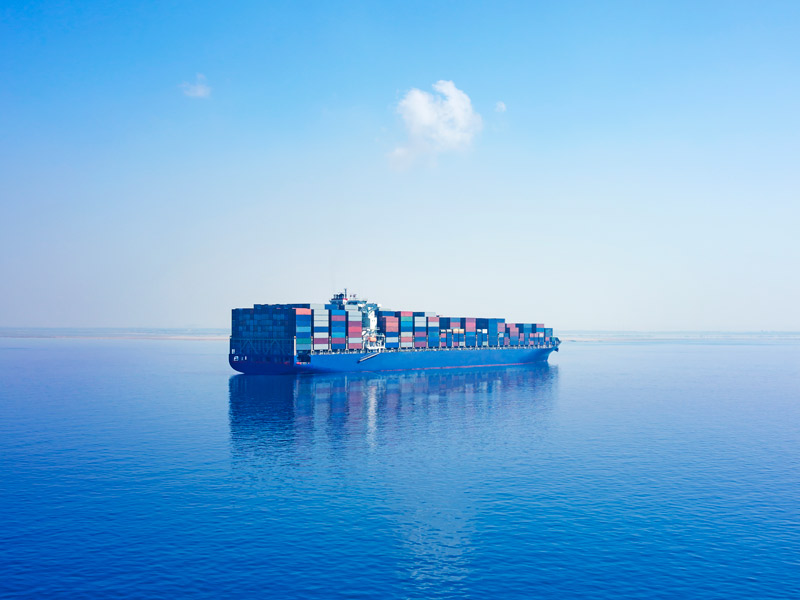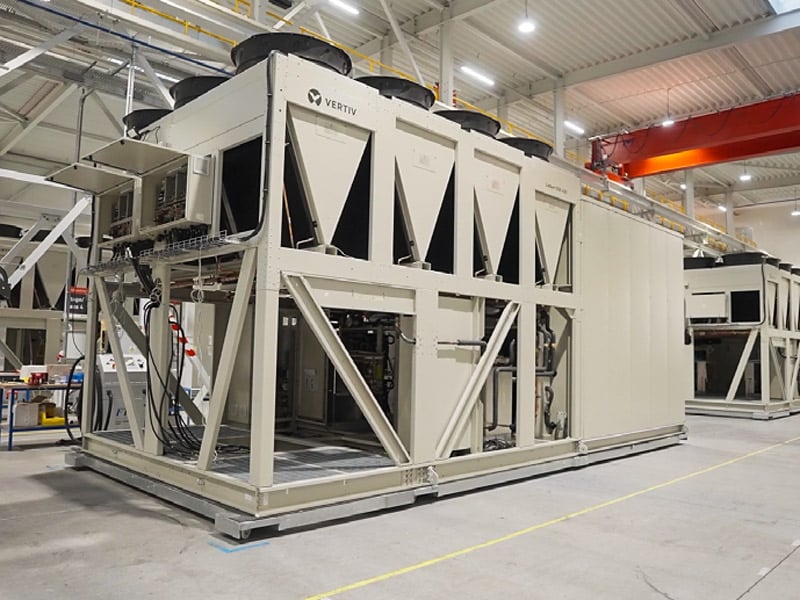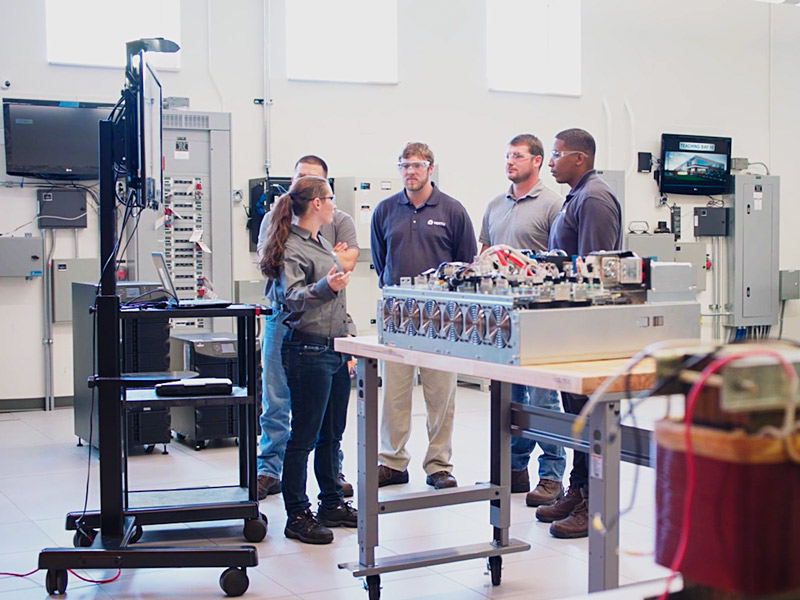Vertiv’s Approach to Responsible Supply Chain Management
Our suppliers encompass a diverse spectrum in terms of their business nature, size, geographic location, workforce composition and the complexity of their upstream supply chains. Regardless of these differences, all suppliers are held to the standards delineated in our Supplier Code of Conduct. Aligned with the Responsible Business Alliance (RBA) Code of Conduct Version 7.0, our Supplier Code of Conduct articulates our expectations on various topics, ensuring alignment with our integrous principles.
Supply Chain Environmental Responsibility
Suppliers are expected to operate their facilities in a manner that prioritizes environmental protection and compliance with applicable laws and regulations. They should be mindful of their environmental footprint and take measures to minimize adverse effects on the environment, local communities and natural resources during their manufacturing processes, while ensuring public health and safety.
Additionally, we expect our suppliers to implement initiatives aimed at reducing energy consumption and waste in their facilities. We expect them to develop innovative products and services that enhance energy efficiency and lessen environmental impacts. We also encourage collaboration with upstream suppliers to promote practices and set goals to mitigate negative environmental effects.


Human Rights and Labor Standards
Vertiv suppliers must uphold the highest standards of human rights and treat employees with respect and dignity. These standards include prohibiting forced or bonded labor, adhering to legal frameworks governing the employment of migrant workers, eliminating child labor, regulating working hours, provisioning fair wages and benefits, assuring humane treatment, non-discrimination practices and the freedom of association.
Supply Chain Health and Safety
Our suppliers must maintain a safe and healthy work environment that complies with all relevant laws and regulations, prioritizing the protection of employees from immediate and long-term harm. Suppliers should value continuous worker education and actively involve employees in identifying and addressing health and safety concerns in the workplace.
Supply Chain Environmental Standards
Suppliers are expected to operate their facilities in a manner that prioritizes environmental protection and compliance with applicable laws and regulations. They should be mindful of their environmental footprint and take measures to minimize adverse effects on the environment, local communities and natural resources during their manufacturing processes, while ensuring public health and safety.
Supply Chain Integrity
Vertiv collaborates with a diverse array of supplier partners globally, ranging from manufacturers of components to providers of logistics support and subcontracted services. It is imperative for our suppliers to uphold our values and principles, remain abreast of technological advancements, exhibit integrity in their actions, and prioritize respect for both individuals and the environment. We selectively engage with suppliers who exemplify social responsibility and steadfast dedication to fairness and honesty.
Driving Efficiency in the Supply Chain
In response to the escalating pressures and geopolitical uncertainties surrounding global supply chains, coupled with heightened awareness of their environmental ramifications, we formulated a strategy aimed at mitigating risks and potential adverse environmental impacts and implemented our "Local + 1" strategy, which entails sourcing components and manufacturing products from at least one supplier within the geographic regions of our target markets, while maintaining the flexibility of optimizing sourcing across regions when needed.



